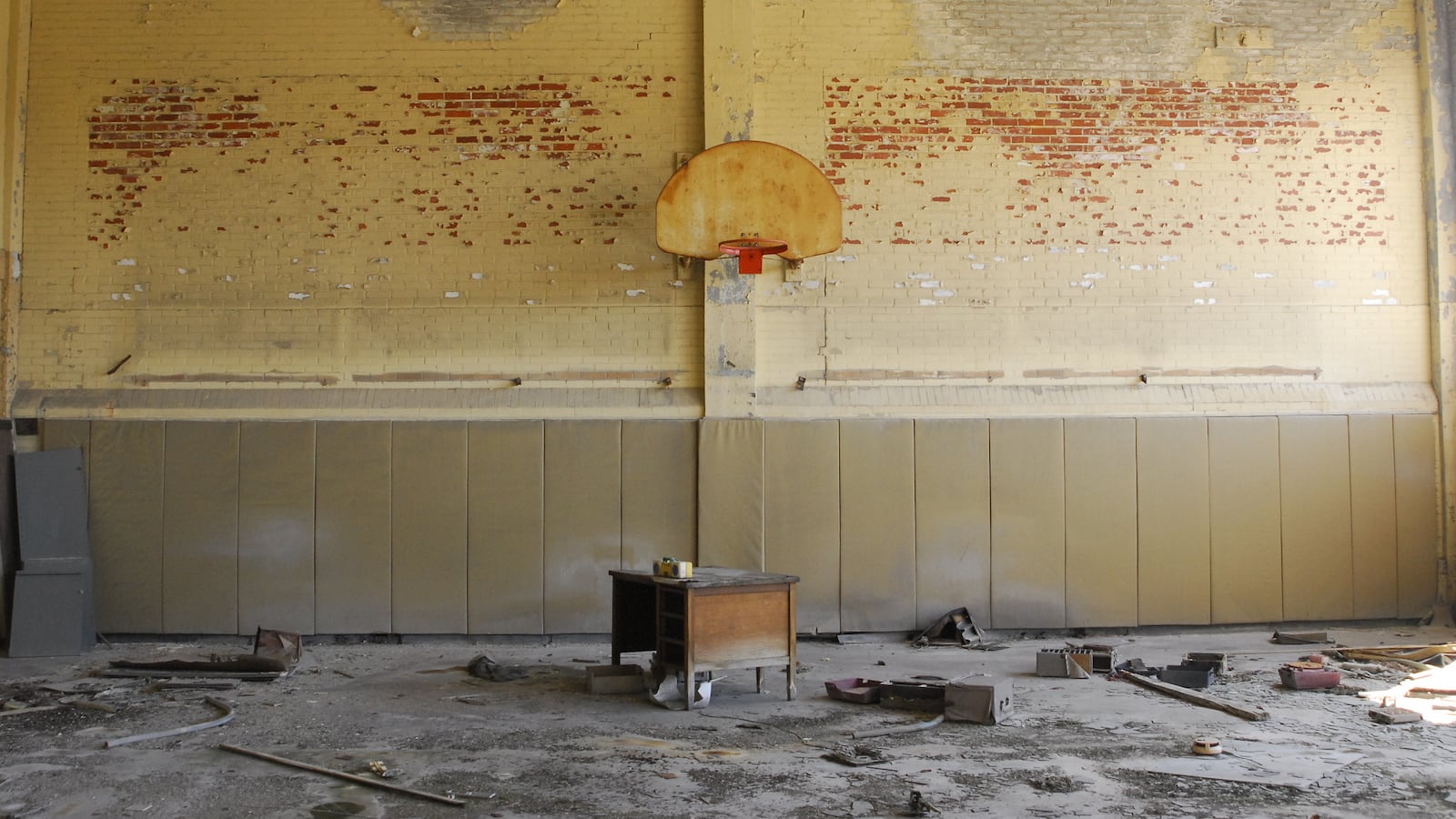Dozens of low-performing Detroit schools that faced possible closure next spring may have gotten a stay of execution from Gov. Rick Snyder this week — but some city charter schools are still on the hot seat.
Snyder has said low-performing schools should close. But an aide said this week that the governor had accepted the opinion of attorneys with the Miller Canfield law firm: New legislation requiring the state to shutter struggling Detroit schools does not actually apply to Detroit’s primary school district.
That’s because the law also technically created a new school district. The old Detroit Public Schools now exists merely to pay off old debt while the new “Detroit Public Schools Community District” is, legally and officially, brand-new.
Chalkbeat reported last month that the state School Reform Office was making plans to go even further than the law requires — not just closing Detroit schools but also scores of other schools across the state that ranked in the bottom 5 percent of state schools in 2014, 2015, and 2016.
But for now, the governor’s office is saying DPS schools are off the hook — at least until 2019.
Synder’s decision not to close DPS schools suggests that schools in a district that the state runs could also be off the hook. The law does not specifically require the state to close schools in the Education Achievement Authority, which took over 15 struggling Detroit schools in 2012.
That could leave only charter schools as likely closures. Five in Detroit have two strikes against them, appearing at the bottom of the state’s ranking in 2014 and 2015. If their 2016 scores again put them in the bottom 5 percent, the state School Reform Office would close them unless it decides that closure would pose an “unreasonable hardship” to students.
They are: Detroit Leadership Academy, Hamilton Academy, the Marvin L. Winans Academy of Performing Arts and the Michigan Technical Academy.
More than 50 schools across the state have two strikes for landing on both the 2014 and the 2015 list of priority schools. The 2015 list was released for the first time Thursday.
Schools will find out later this fall if they get a third strike when the state releases at top-to-bottom ranking based on the 2016 M-STEP.
The state released M-STEP scores on Tuesday but won’t calculate top-to-bottom rankings until later this fall.
News from the governor’s office that traditional public schools in Detroit may have gotten a reprieve drew strong criticism from lawmakers and advocates who say the intent of their legislation was to close low-performing schools, including those in the state’s largest school district.
They say they plan to make their case with the governor and in the courts.
“We will flood his office with similar legal opinions from law firms far and wide that show the clear interpretation of the law would show that it was meant to create accountability from day one, not three years into the future,” said Gary Naeyaert of the Great Lakes Education Project, which advocates for school choice and is often critical of traditional public schools.
Naeyaert said accountability advocates are also seeking an opinion from the state Attorney General that would be legally binding.
If schools that were part of Detroit Public Schools do end up being closed, 18 schools were on the so-called “priority” list in 2014 and 2015 and could get a third strike this fall.

